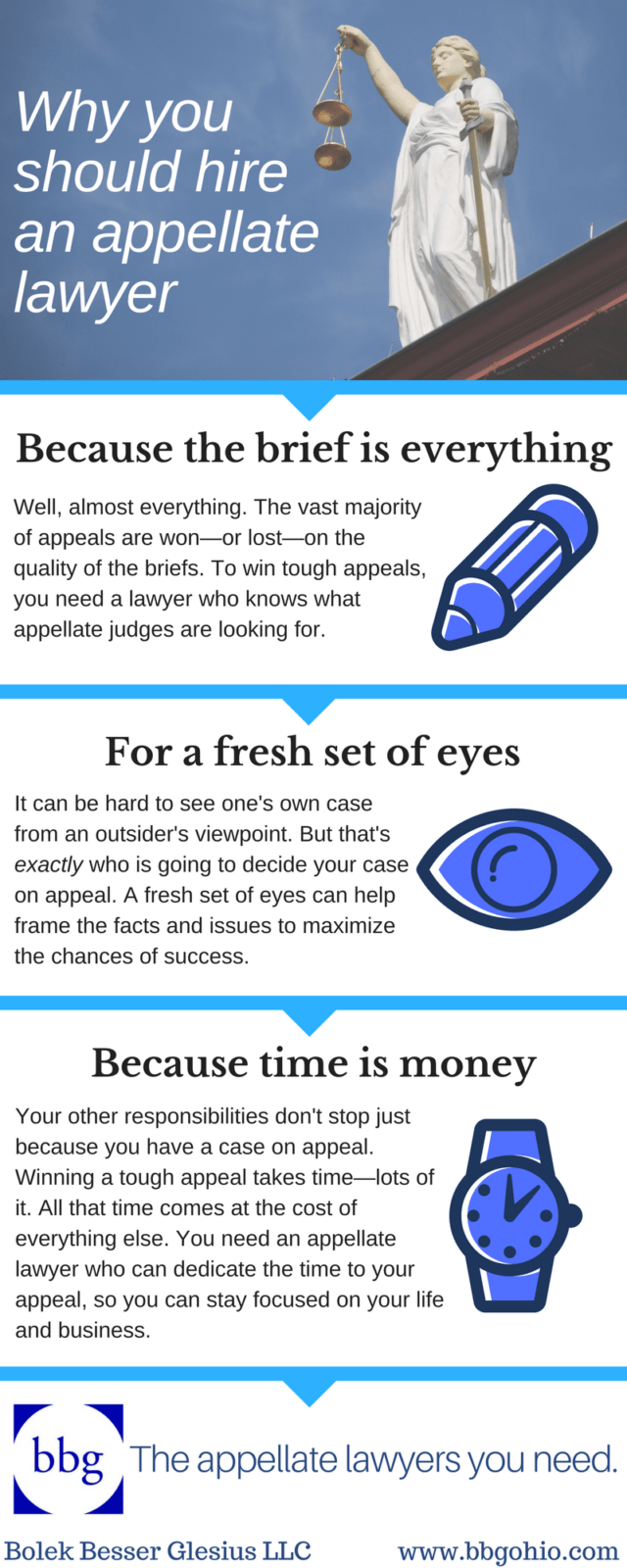Common Misconceptions Regarding Criminal Defense: Debunking Misconceptions
Common Misconceptions Regarding Criminal Defense: Debunking Misconceptions
Blog Article
Visit Webpage -Strauss Harrell
You've probably heard the misconception that if you're charged with a crime, you must be guilty, or that staying quiet methods you're hiding something. These prevalent beliefs not just distort public understanding yet can also influence the outcomes of lawful procedures. It's essential to peel back the layers of mistaken belief to recognize truth nature of criminal defense and the rights it secures. Suppose navigate to this site understood that these misconceptions could be taking apart the really foundations of justice? Join the conversation and discover exactly how disproving these misconceptions is vital for making sure justness in our lawful system.
Myth: All Offenders Are Guilty
Commonly, people wrongly believe that if a person is charged with a criminal offense, they must be guilty. You may assume that the lawful system is foolproof, but that's much from the truth. Charges can originate from misunderstandings, mistaken identifications, or inadequate evidence. It's critical to bear in mind that in the eyes of the regulation, you're innocent until tested guilty.
This assumption of virtue is the bedrock of the criminal justice system. It guarantees that the burden of proof lies with the prosecution, not you. They must establish beyond a practical uncertainty that you committed the criminal offense. This high standard safeguards individuals from wrongful sentences, guaranteeing that nobody is punished based on presumptions or weak evidence.
Additionally, being charged does not mean the end of the road for you. You have the right to defend on your own in court. This is where a knowledgeable defense attorney enters play. They can challenge the prosecution's instance, present counter-evidence, and supporter in your place.
The intricacy of lawful process typically calls for expert navigating to secure your rights and attain a fair outcome.
Misconception: Silence Equals Admission
Numerous believe that if you choose to stay quiet when implicated of a criminal offense, you're basically admitting guilt. Nevertheless, this couldn't be even more from the fact. Your right to continue to be quiet is safeguarded under the Fifth Modification to prevent self-incrimination. It's a lawful safeguard, not a sign of sense of guilt.
When you're silent, you're in fact working out a fundamental right. This prevents you from saying something that may inadvertently hurt your defense. Remember, in the warmth of the moment, it's easy to get confused or talk improperly. Police can interpret your words in ways you didn't intend.
By staying silent, you provide your legal representative the best opportunity to protect you efficiently, without the difficulty of misunderstood declarations.
In addition, it's the prosecution's job to show you're guilty beyond an affordable doubt. Your silence can not be made use of as proof of shame. Actually, jurors are instructed not to interpret silence as an admission of shame.
Myth: Public Defenders Are Inadequate
The false impression that public protectors are inefficient lingers, yet it's essential to recognize their critical role in the justice system. Lots of believe that since public defenders are frequently strained with situations, they can't provide top quality protection. Nevertheless, this ignores the depth of their dedication and expertise.
Public protectors are fully accredited lawyers that've chosen to focus on criminal legislation. They're as certified as personal legal representatives and commonly extra skilled in test job due to the quantity of cases they manage. You could think they're less motivated because they don't select their clients, yet in truth, they're deeply devoted to the perfects of justice and equality.
It's important to bear in mind that all lawyers, whether public or exclusive, face obstacles and restrictions. Public protectors frequently work with less resources and under more stress. Yet, they continually demonstrate strength and imagination in their protection approaches.
Their role isn't just a task; it's a goal to make sure that every person, despite revenue, receives a fair test.
Conclusion
You may assume if a person's charged, they should be guilty, but that's not exactly how our system functions. Picking to stay silent does not imply you're admitting anything; it's simply wise self-defense. And don't ignore public defenders; they're dedicated experts committed to justice. Bear in mind, everyone should have a fair trial and skilled representation-- these are fundamental civil liberties. Allow's lose these myths and see the legal system for what it absolutely is: a location where justice is sought, not just punishment dispensed.
